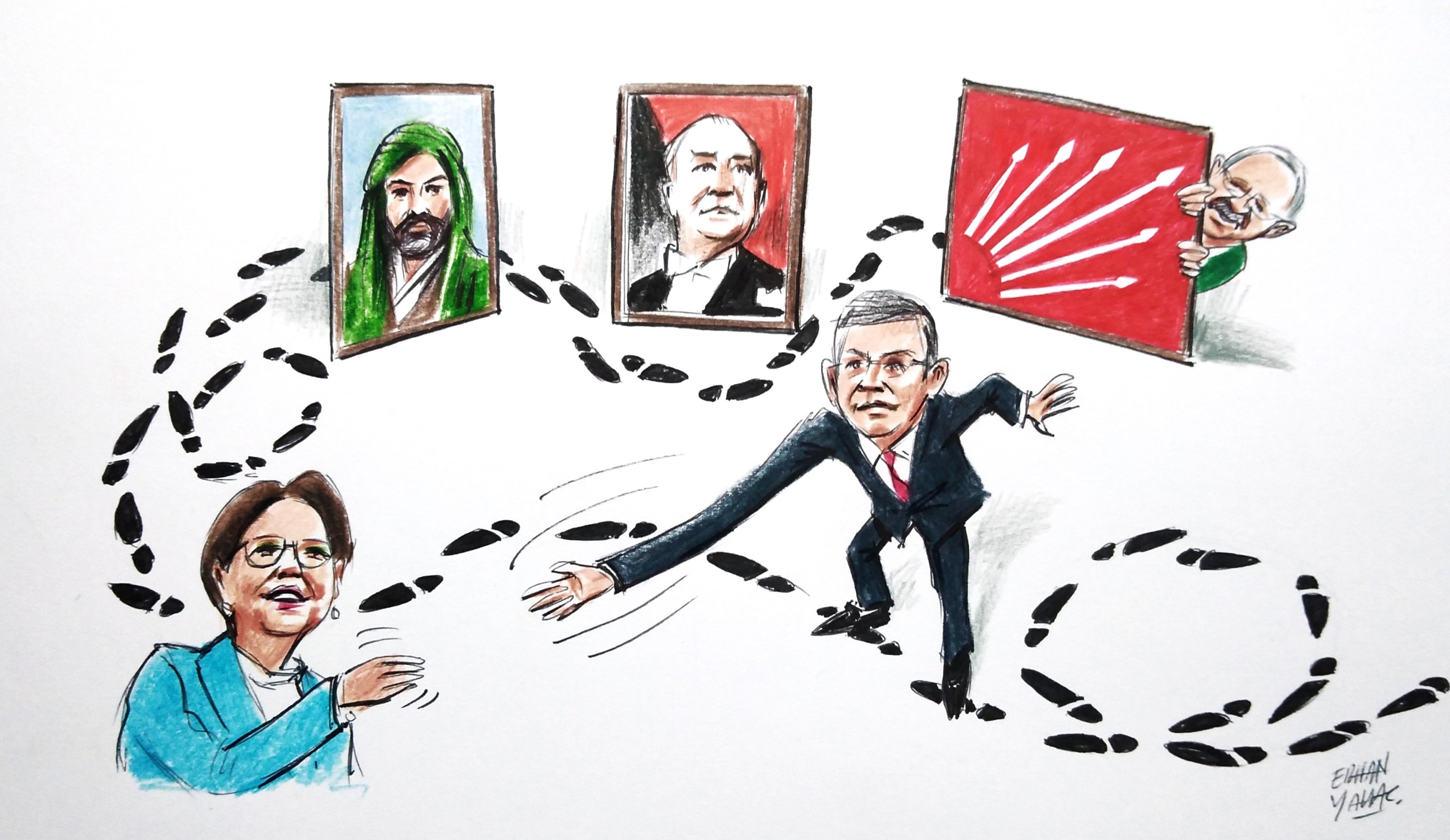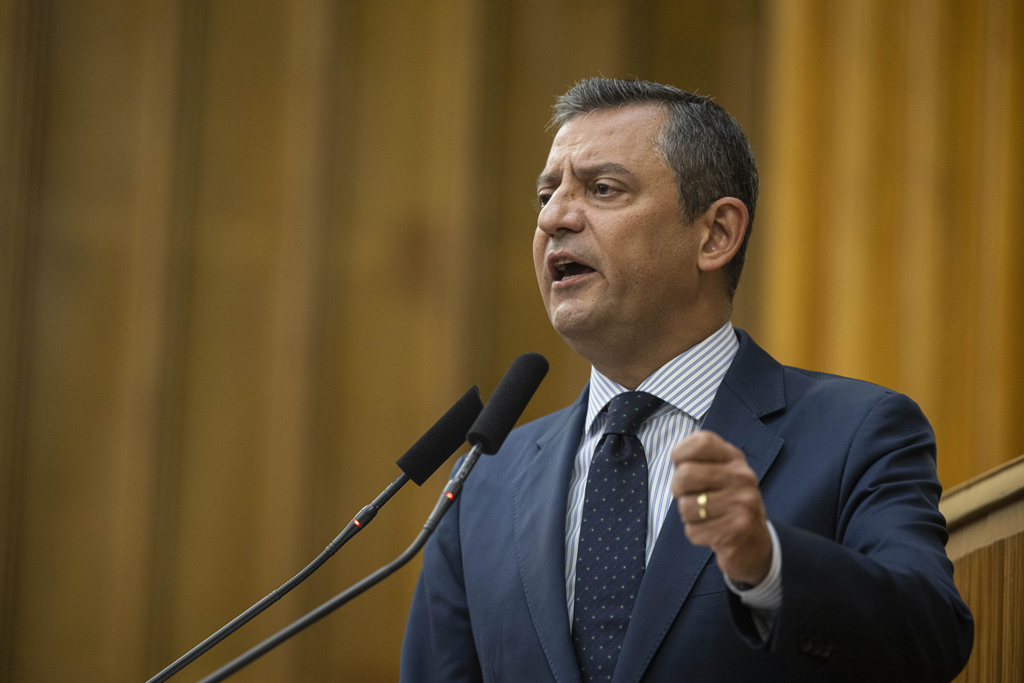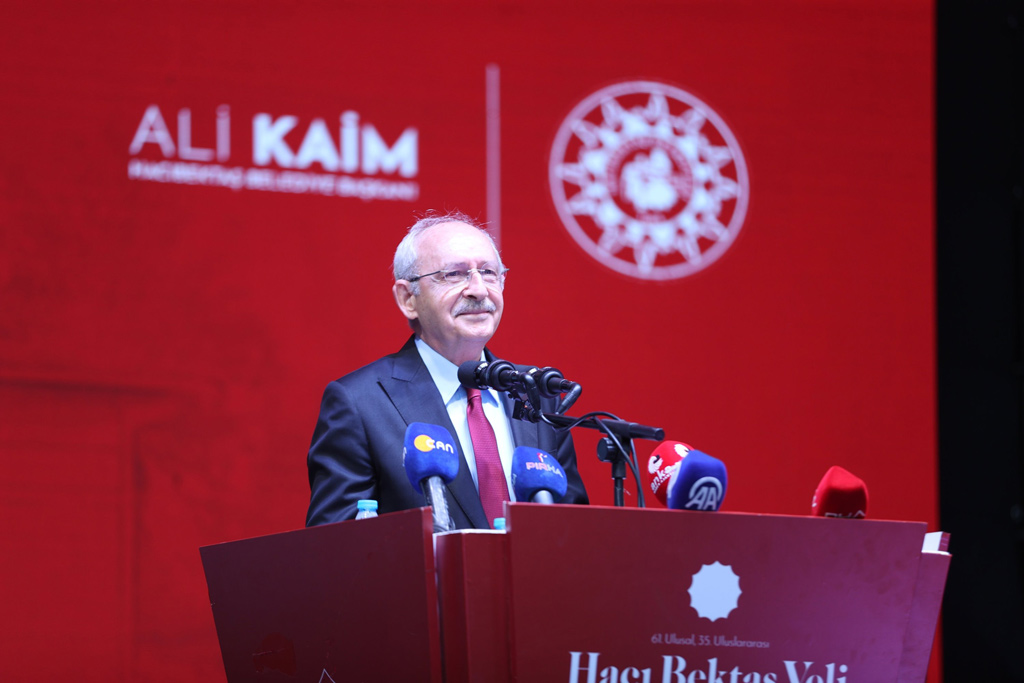The reality demonstrated by the most recent resignations from the IP seems to suggest that it does not have the power to bring chairperson Meral Akşener back to the metaphorical table once again, as she rejected the collaboration proposal from the CHP.

Akşener's leadership test, Özel's style and Kemalism
Over the past few months, the Republican People's Party (CHP) has been working toward convincing the Good Party (IP) to join forces ahead of next year's municipal elections. Local leaders who happen to be part of the municipal ecosystem in Istanbul and Ankara support some type of collaboration.
Share
Over the past few months, the Republican People's Party (CHP) has been working toward convincing the Good Party (IP) to join forces ahead of next year's municipal elections. Local leaders who happen to be part of the municipal ecosystem in Istanbul and Ankara support some type of collaboration.
It was never really a secret that Ekrem Imamoğlu and Mansur Yavaş, the mayors of Istanbul and Ankara respectively, adopted a campaign strategy that would keep all members of the Nation Alliance, including the Felicity Party (SP) and the Peoples’ Democratic Party (HDP), in the fold.
Another important point is that Akşener, who faces carrots and sticks, could ultimately fail this test of leadership. In other words, what one says won’t have a lot of impact if people believe that one changes their mind constantly.
Many would wonder whether Akşener’s pledge not to join any alliances was just related to Kemal Kılıçdaroğlu serving as CHP chairperson. Let us recall that Kılıçdaroğlu proved capable of making the same concessions, which his successor Özgür Özel seems willing to make today, ahead of the May 2023 elections.
The newly elected main opposition leader makes an attempt to join forces or form an alliance with opposition parties that does not fall short of his predecessor’s strategy. Indeed, the political future of Istanbul’s mayor, too, hinges on that plan. Within the context of party politics, Özel follows in Kılıçdaroğlu’s footsteps and reaches out to the HDP and the IP before others because those two parties remain the most important counterparts. No wonder he promotes Kurdish identity politics with reference to the appointment of independent trustees as mayors.
Let’s see where the remaining members of the "table for six" – SP, Democracy and Progress Party (DEVA), the Democratic Party (DP) and the Future Party (GP) – shall be included in this renewed partnership attempt. Admittedly, the CHP leadership’s pledge to embrace the left won’t be particularly impressive for those movements. To win them over, Özgür Özel would have to go back to his predecessor’s “concession-prone” and “negotiating” policy. Failure to take that step would mean excluding conservative parties to create a narrower cooperation framework.
At the same time, the CHP’s newly elected chairperson engages in Alevi identity politics so as not to alienate those CHP voters who supported Kemal Kılıçdaroğlu in the past. There is a chance that his most recent statements relate to a bigger plan to replace the Alevi mayors of some districts in Istanbul per Ekrem Imamoğlu’s demands.
Tags »
Related Articles








